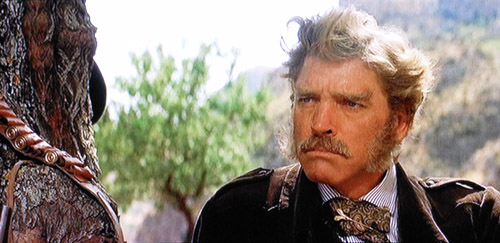| RATING: | 100% |
| FORMAT: | DVD |
The More Things Change…
Fine film about a culture in transition necessarily going through a political revolution. The fact that the new aristocracy (the nouveau riche & parvenu middle-class) will be much the same as the old is subtly evoked in what is - essentially - a three-hour political essay.
The eponymous leopard is a man whose strength comes from accepting the fact of inevitable transformation (adapt or die) and from making the best of it. He does this despite the fact that the changes will not necessarily be all to his advantage or that of his family's. however, he knows that fighting the inevitability of change will not stop such adjustments from happening – in fact it makes them more unpleasantly likely - and is, therefore, a waste of time. After all, acknowledgement of any social upheaval is the only way to ensure that the more things change, the more they remain the same. In any case, here, after centuries of cousin marriage, the aristocratic gene pool is so depleted that an injection of new blood becomes all but essential to ensure its survival, as such.
Burt LANCASTER, Alain DELON and Claudia CARDINALE are their usual excellent selves and the film is certainly beautiful to look at but, perhaps, a tad too long for its own good.







No comments:
Post a Comment